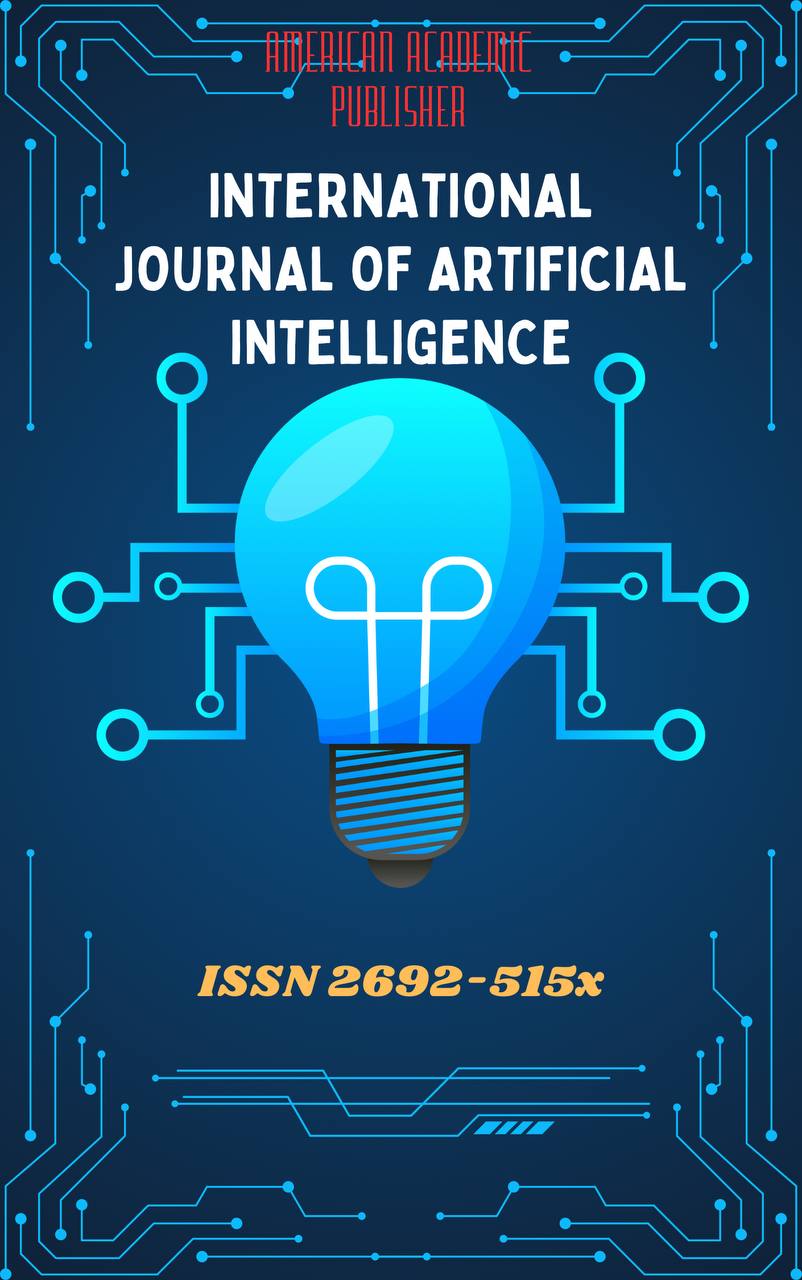 Articles
| Open Access |
Articles
| Open Access | THE EVOLUTION OF INTERNAL AFFAIRS AND THE STRUGGLE AGAINST CORRUPTION IN UZBEKISTAN DURING THE YEARS OF INDEPENDENCE
Xaytullayeva Zuhra Dilmurotovna , 2nd-year Master’s student in History (by fields and types of activity) University of Exact and Social SciencesAbstract
: This article examines the transformation of the internal affairs system and the fight against corruption in Uzbekistan during the post-independence period, highlighting the complex interplay between institutional reforms, governance structures, and socio-political realities. Since gaining sovereignty in 1991, Uzbekistan has undergone profound legal and administrative changes aimed at strengthening statehood, ensuring public order, and eradicating corruption as one of the primary obstacles to sustainable development. The analysis focuses on the historical trajectory of internal affairs institutions, the legal frameworks adopted to combat corruption, and the socio-political context that shaped these reforms. Drawing on comparative perspectives and theoretical underpinnings, the study not only scrutinizes national initiatives but also situates them within global anti-corruption discourses. By evaluating the successes, shortcomings, and ongoing challenges, the research underscores the pivotal role of transparency, accountability, and institutional modernization in advancing the effectiveness of internal affairs and in consolidating democratic governance in Uzbekistan.
Keywords
Uzbekistan; independence; internal affairs; corruption; anti-corruption reforms; governance; transparency; institutional modernization; legal framework; public administration.
References
1.Lewis D. G. Tackling corruption in Uzbekistan: a" White Paper". – 2016.
2.Atxamjonovna B. D., Shohbozbek E. FORMING THE SPIRITUAL WORLDVIEW OF YOUTH IN PRE-SCHOOL EDUCATION IN OUR REPUBLIC //Global Science Review. – 2025. – Vol. 4. – No. 5. – P. 221-228.
3.Jalilov A., Hatasa N. Analysis of Uzbekistan’s economic development after independence //. – 2019. – Vol. 26. – No. 2. – P. 1-28.
4.Abdusattarovna O. Kh., Shohbozbek E. FORMING A HEALTHY LIFESTYLE ON THE BASIS OF MODERN PEDAGOGICAL APPROACHES IN SOCIAL PHILOSOPHY //Global Science Review. – 2025. – Vol. 4. – no. 5. - S. 175-182.
5. Burnashev R., Chernykh I. The Political System of Uzbekistan // Central Asia in a Multipolar World: Internal Change, External Actors, Regional Cooperation. – Cham : Springer International Publishing, 2024. – S. 57-73.
6. Diloram M., Shahbozbek E. EDITORIAL BASIS OF THE DEVELOPMENT OF THE SPIRITUAL WORLD VIEW OF YOUTHS IN UZBEKISTAN //Global Science Review. - 2025. - T. 4. – no. 5. - S. 207-215.
7. Markowitz L. P. Beyond Kompromat: Coercion, corruption, and deterred defection in Uzbekistan //Comparative Politics. - 2017. - T. 50. – no. 1. – S. 103-121.
8. Ergashbaev Sh. Developing the spiritual worldview of young people through the continuous education system in Uzbekistan //Ob'edinyaya studentov: mejdunarodnye issledovaniya i sotrudnichestvo mejdu distsiplinami. - 2025. - T. 1. – no. 1. – S. 314-316.
9. Spechler D. R., Spechler M. C. The foreign policy of Uzbekistan: sources, objectives and outcomes: 1991–2009 //Central Asian Survey. - 2010. - T. 29. – no. 2. - S. 159-170.
10. Muruvvat A., Shohbozbek E. THE ROLE OF PRESCHOOL EDUCATION IN SPIRITUAL AND MORAL VALUES IN UZBEKISTAN //Global Science Review. – 2025. – T. 3. – No. 2. – P. 246-253
Article Statistics
Downloads
Copyright License

This work is licensed under a Creative Commons Attribution 4.0 International License.
